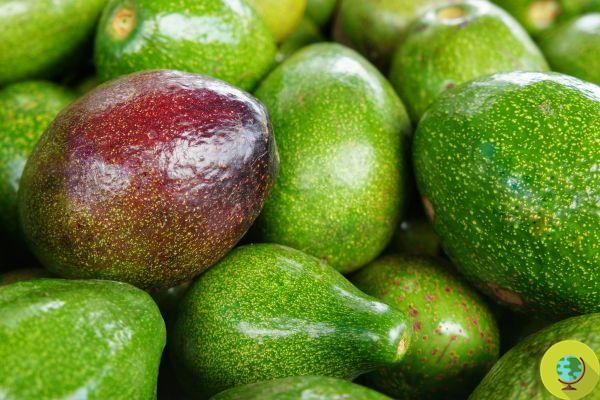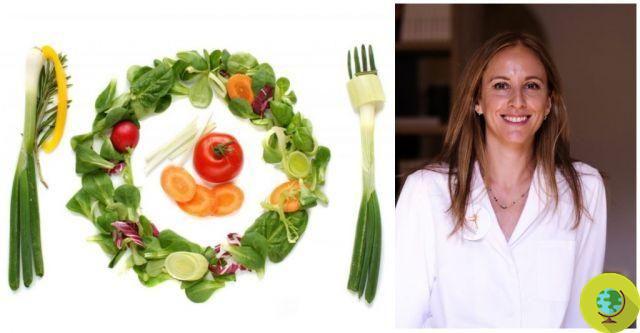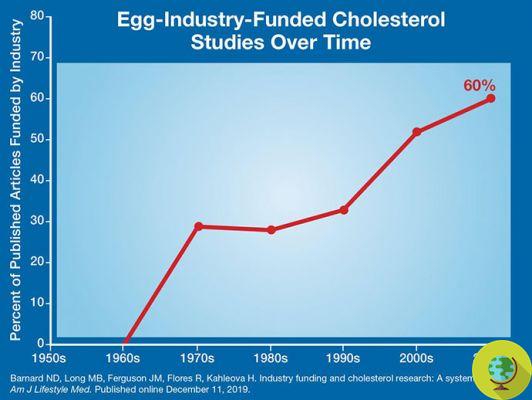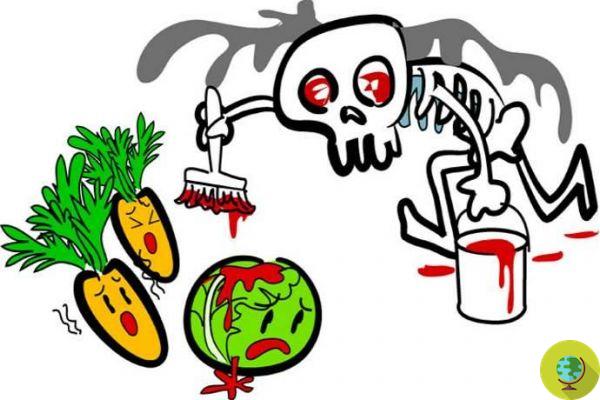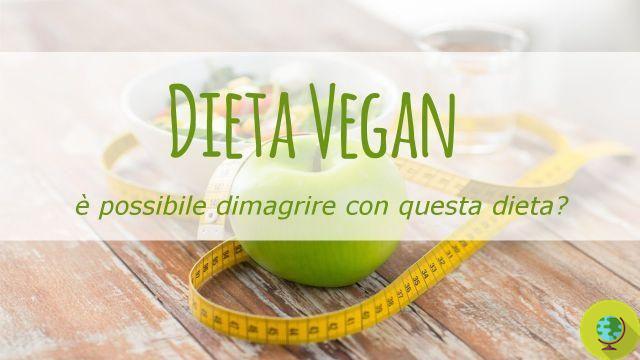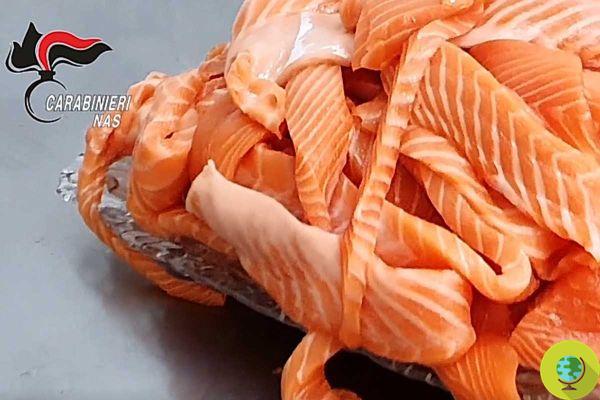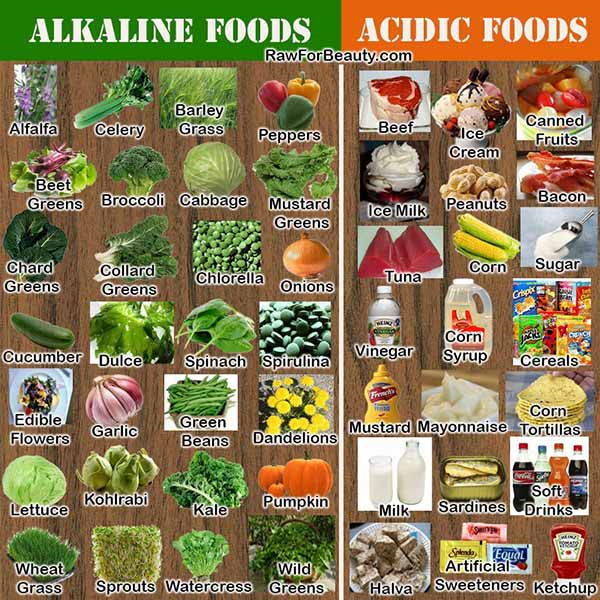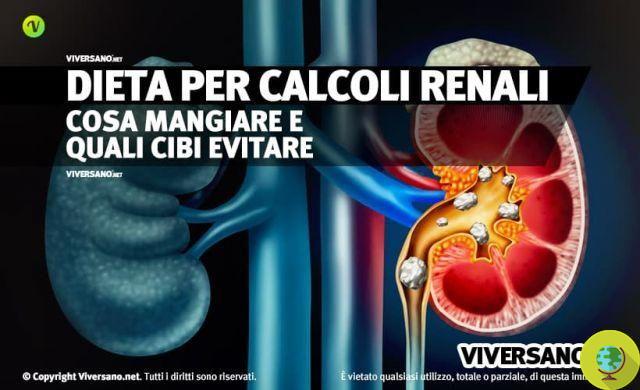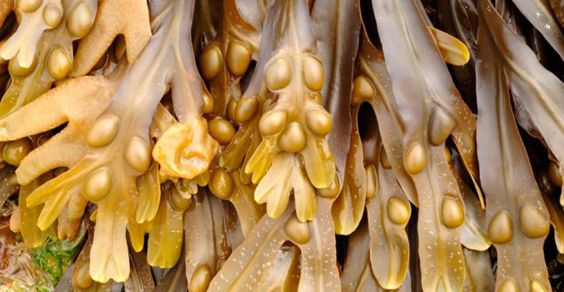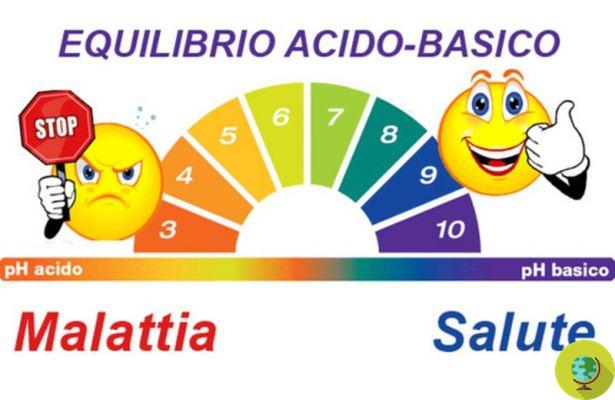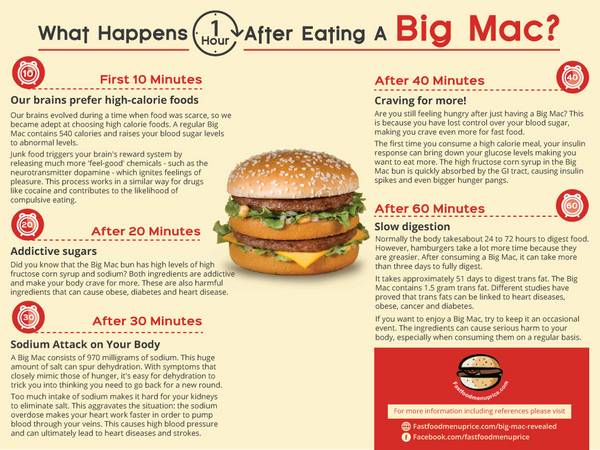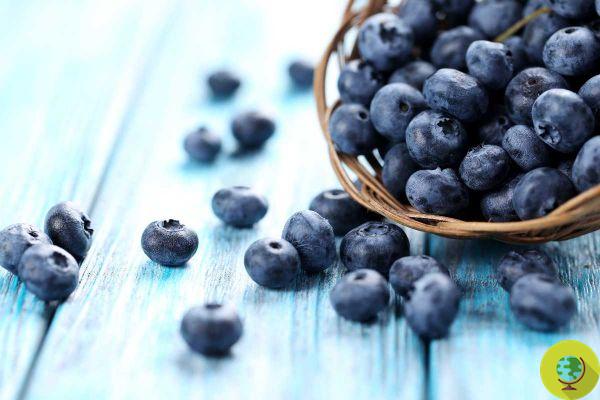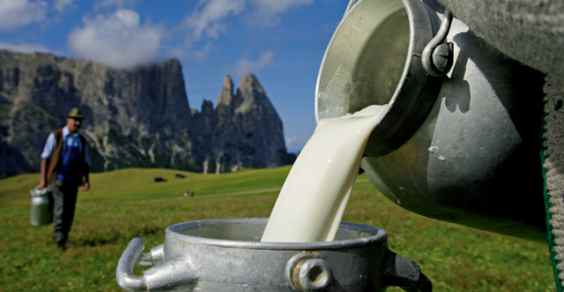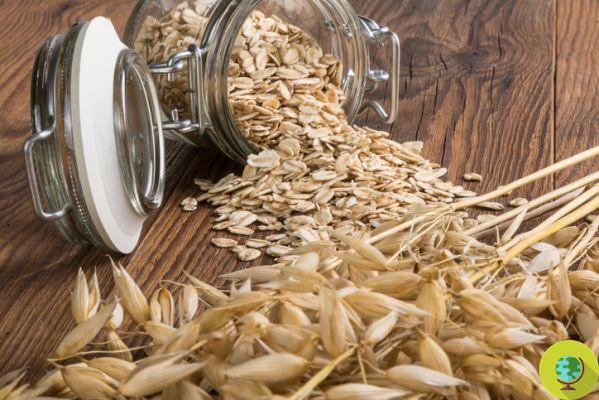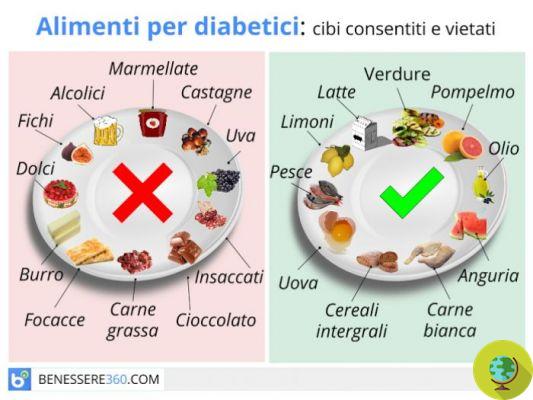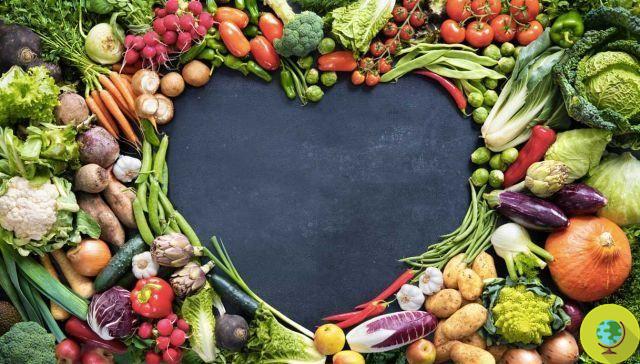
FAO, sustainable diet. FAO returns to express its opinion on the importance of transforming the eating habits of the Western world in order to guarantee greater respect for the environment, an improvement in our health conditions and a more equitable distribution of food resources. This could happen if each of us started following the principles of a sustainable diet.
Don't store avocado like this: it's dangerous
FAO, sustainable diet. FAO returns to express its opinion on the importance of transform the eating habits of the Western world in order to ensure greater respect for theenvironment, an improvement in our conditions health and a more equitable distribution of food resources. This could happen if each of us began to follow the principles of one sustainable diet.
According to a study conducted by FAO in collaboration with Biodiversity International “Despite the remarkable progress made by agriculture in the last three decades, it is clear to everyone that food systems and diets continue to be unsustainable”. What emerges is that intensive agriculture would do nothing but damage the land and the surrounding environment, as well as the health of humans and animals, due to the use of pesticides.
The use of potentially harmful chemicals in agriculture is justified by arguing that it is absolutely necessary to obtain one higher productivity of crops. To counteract this, there continue to be both the huge food waste perpetrated by the West in both the household and industrial sectors, as well as aunfair distribution of resources of food type towards developing countries.
FAO had previously hypothesized that an insect-based diet could solve the food problem in countries such as Africa and South America, but fortunately it seems to have changed course, turning its attention towards a sustainable diet based on complete foods such as Quinoa, to be served with cereals of less known varieties, fruit and vegetables and legumes possibly of biological origin, so that the choice of the food we eat can benefit both ourselves and the planet.
Unfortunately, according to FAO, monotonous and restricted food choices they would do nothing but impoverish more and more the panorama of agri-food biodiversity. According to what was stated by Biodiversity International: “We need to change the paradigm of agricultural production to be able to integrate the dimension of nutritional quality in our decisions in relation to what to produce and where. This forces us to go beyond the main basic crops and instead look at the hundreds and thousands of unused plant varieties, which make the difference between a sustainable and an unsustainable diet ".
According to the FAO, current food production systems should suffer radical transformations, focusing on the offer of foods that are really healthy, respectful of the environment, treated as little as possible through complex industrial processes and above all cultivated in areas of traditional origin, with a consequent promotion of consumption of local food, produced respecting biodiversity and available water resources.
For further information, you can download the complete document with the title “Sustainable Diets and Biodiversity” (Sustainable diets and biodiversity), drawn up by FAO and Biodiversity International, at this address.
Marta Albè
Read also:
- 10 foods that are bad for the planet
- 12 ways to reduce emissions at the table
- 5 packaged foods you will never need to buy again




